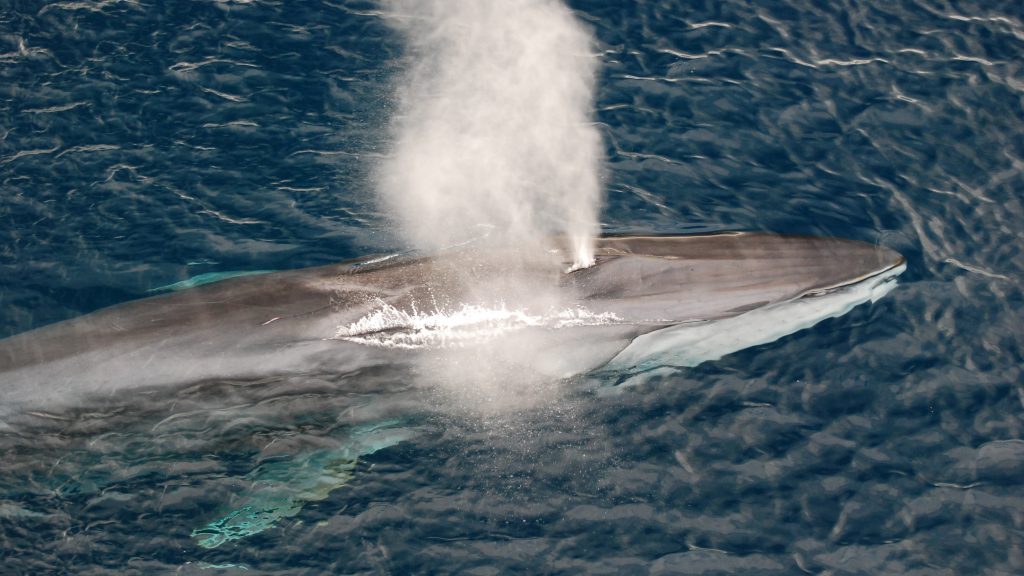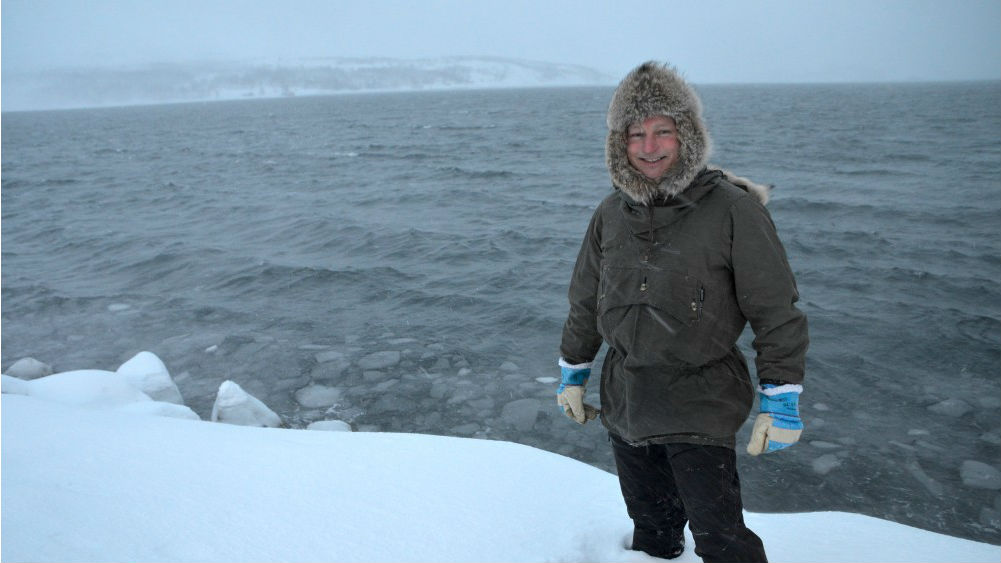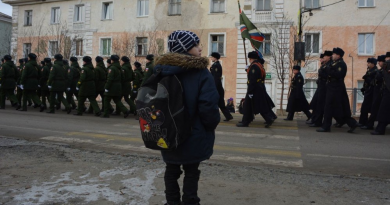Avoid seismic surveys near marine mammals in Barents Sea: politician in Arctic Norway

Acoustic surveys for oil deposits beneath the seabed should be avoided if there are whales nearby, says Arne Liaklev with the Green Party.
In October, Norway and Russia signed the agreement allowing them to map oil and gas resources in joint maritime border areas of the Barents Sea.
The deal came as a natural extension of the 2010 maritime delimitation agreement which split a 175,000 square kilometer area of the Barents Sea into two equally parts.
The area is believed to hold oil and gas.
Observers near Greenland
Along the coasts of Greenland, Denmark’s Bureau of Minerals and Petroleum has made it mandatory for seismic vessels to collect seabird and marine mammal observation data. Onboard observers have to watch for whales before start-up and during seismic survey in order to mitigate and observe safety distances to both whales and seals.
“Having marine mammal observers on board should be obvious also for all vessels shooting seismic sounds in the Barents Sea,” says Arne Liaklev, member of the county council in Finnmark, Arctic Norway.

“I’m disappointed that this was not included into the joint Norwegian-Russian agreement,” Liaklev says.
He argues it is well documented how whales could be injured and possible killed because of high noise blasts and other sound gear like airguns in the search for oil and gas.
The aim of load sound-shootings is to penetrate through the ocean deep beneath the seafloor and read the echo-signals to find possible petroleum deposits.
Scientists have discovered that seismic airgun shooting results in hearing impairment and displacement behavior for whales. Whales depend on hearing for navigating, feeding and mating.
“The Barents Sea and Arctic Oceans are of great importance for many species of whales taking advantage of the high productivity with plankton and fish stocks,” says Arne Liaklev who himself has sailed a lot in the northern waters.
Capelin, herring and polar cod are primary diet of many whales in the Barents Sea region.
Needs thorough knowledge
Liaklev says it is not for the crew onboard seismic vessels to look out for whales.
“Marine mammal observers should have a strong background in marine biology and experience in spotting and identifying the animals. They have a thorough knowledge and understanding of both the whaless behavior and the technical operations when seismic shootings take place in different ocean environments,” he explains.
Liaklev says the ongoing dramatic climate changes already pose a stress factor for whales as the fish stocks are changing habits due to higher temperature in the water and less sea-ice in the northern- and easternmost parts of the Barents Sea.
Arne Liaklev says Norwegian authorities should team up with Russian authorities and travel on a study tour to New Zealand, which a few years ago updated its code of conduct for minimizing acoustic disturbance to marine mammals from seismic survey operations.
Published by the Department of Conservation, the code has been endorsed as industry best practice by the country’s oil exploration association.
“We do need a Norwegian manual for marine mammal surveys,” Arne Liaklev says.
Related stories from around the North:
Canada: Canada to file submission for its continental shelf limits in Arctic Ocean in 2019, Radio Canada International
Finland: Finnish and Russian PMs talk environment, cooperation and money laundering probe in Helsinki, Yle News
Greenland: Binding agreement on Arctic fisheries moratorium officially signed by EU and nine countries, Radio Canada International
Norway: Norway and Russia agree to slash cod quotas in Barents Sea, The Independent Barents Observer
Russia: Aging fleet jeopardizing future of ecosystem mapping in Arctic Russia, The Independent Barents Observer
United States: Opponents skeptical as U.S. Gov claims seismic survey will have “insignificant” impact in ANWR, Alaska Public Media



